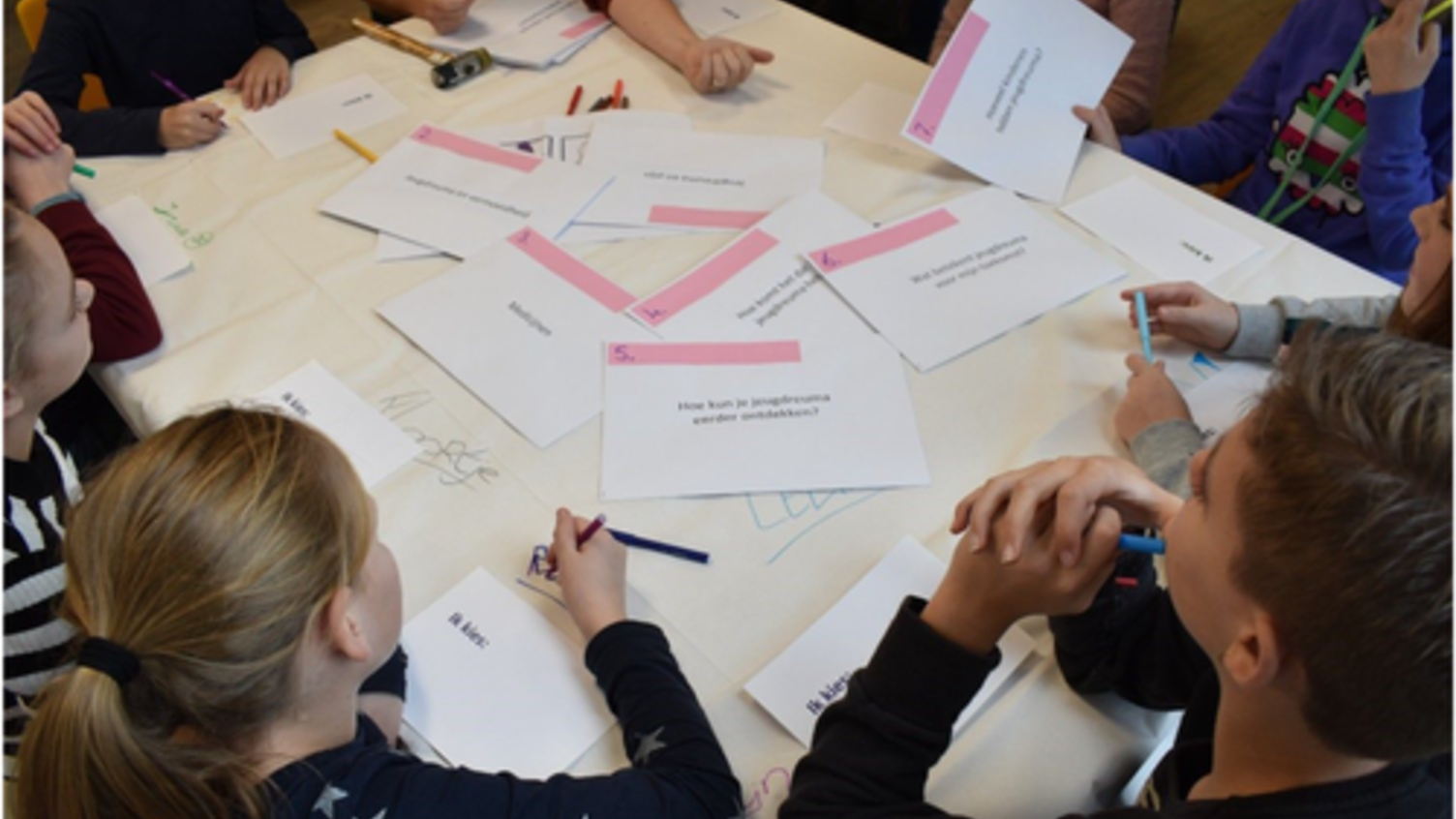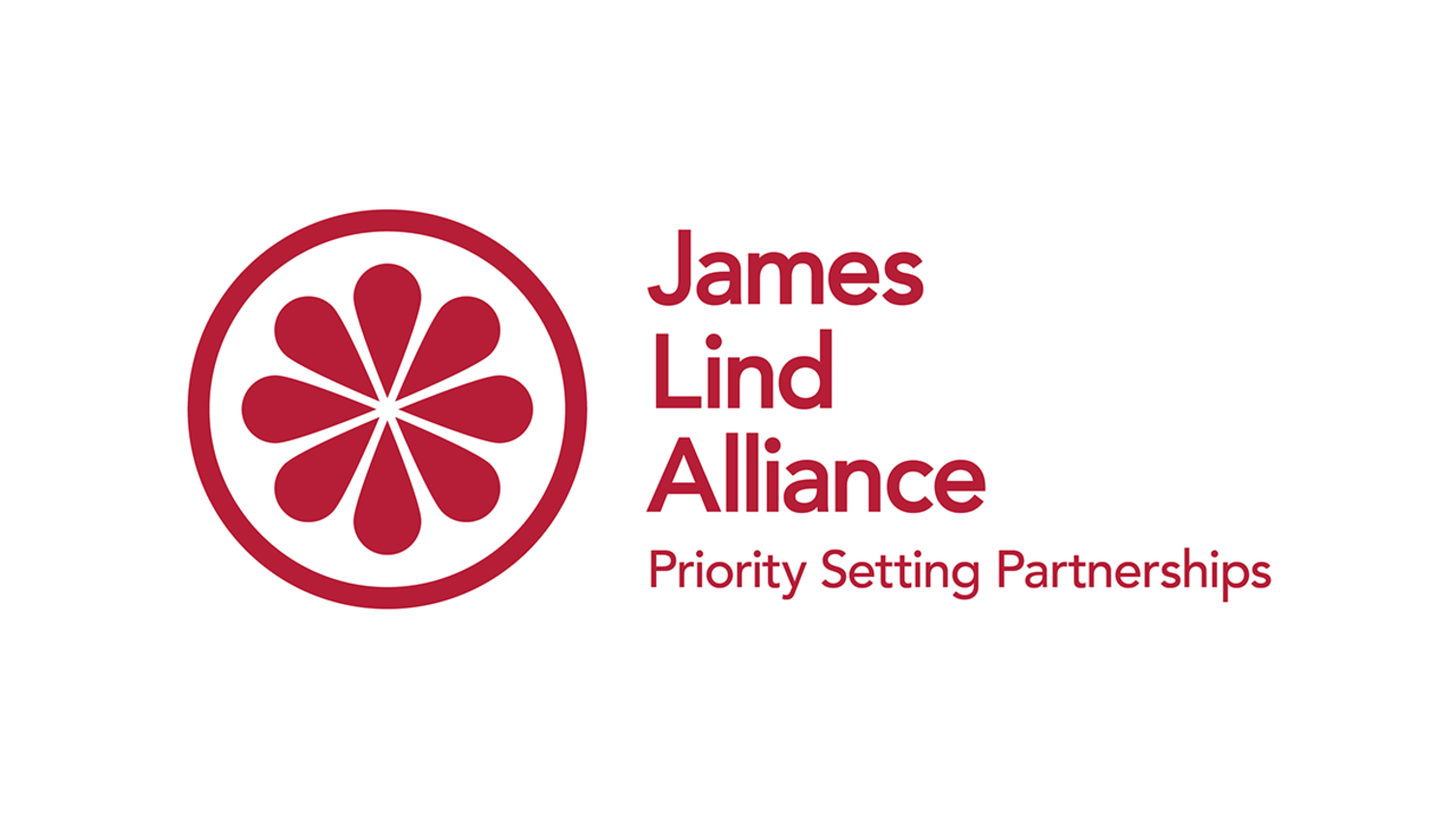First impressions
- 18 October 2016
- 4 min read
By Catherine White, JLA Adviser.
I probably shouldn’t admit this… but for the first 35 years of my life, I never gave medical research a second thought. In fact not even a first thought. After a serious illness, it still didn’t cross my mind. Then, through my voluntary work with ICUsteps (an intensive care patient and relative support charity), I was invited to join the steering group of a research trial as a patient representative. This finally sparked my interest in medical research, and in particular the contribution that lay people can make. Medical research underpins the care that we receive as patients, yet there is still so much to be done to introduce this ‘underworld’ to the general public. We benefit from the end results without ever thinking about the evidence base that lies behind our treatment. But research must be of good quality. One way to check quality is to ensure that it is relevant to the end user and (this is the radical bit) you only know that by asking them.
Since that initial introduction, I have been fortunate to be involved in the management of other clinical trials, I joined the National Institute of Health Research Clinical Evaluations and Trials Board as a lay member and, in April 2016, I became a James Lind Alliance (JLA) Adviser.
The process of a JLA Priority Setting Partnership (PSP) is set out in the JLA Guidebook. Each PSP is guided by a Steering Group of patients and relatives (and often charities and support groups who represent them) and clinicians. To begin the process of eliciting the unanswered questions, the PSP invites patients, relatives and clinicians to complete an initial survey. This survey can generate anything from a few hundred questions to the unenviable record of over 14,000 questions.[1] These questions are then sorted, and checked that they are unanswered by research, to give the PSP a shortlist. Then patients, relatives and clinicians take part in a ranking survey, asking which of the shortlist are the most important to them. Usually about 25 questions are then taken to the final workshop, and the Top 10 is agreed through discussion and collaborative decision making. This Top 10 is promoted to researchers and funders, with the secure knowledge and authority that they are the unanswered questions which really matter to patients, carers and healthcare professionals.
So what have been my first impressions of the PSP process? I am impressed by the vision of the JLA founders[2] who realised that the research process was flawed because nobody was consulting the people who live with or treat the condition in question; the research agenda had previously been decided by pharmaceutical companies or academic researchers. But there was a surprise here for me. It made sense that patients and their relatives or carers had struggled to find a forum for their views about what the priority topics were, but it never occurred to me to think of clinicians as a disenfranchised group. Many do not have the time or the chance to give their opinion - but the PSP process provides this opportunity.
After reading the JLA Guidebook, I understood the process, but it was only from first-hand experience that I saw the important by-products that come from it. For example, when a number of survey respondents ask for research into already answered questions, we realise that existing research findings have not have been communicated effectively. Or when some participants say that they enjoyed participating because they feel it’s the first time that their voice had been heard. Most important of all is the opportunity for patients, relatives and clinicians to come together on an equal footing, where they have the chance to contribute and respectfully listen to each other’s perspectives. This equality is a rare phenomenon. When a patient seeks a clinician’s professional opinion for a health condition, there is a power imbalance – one seeking assistance from one who may be able to help them – and so, it is not always an equal dialogue.
In the PSP process, far more can be learnt than what the Top 10 is going to be. Dr Noémi Roy, the Locum Consultant Haematologist who leads the JLA Rare Anaemias PSP, said:
‘This has changed how I practice medicine. It has changed my understanding of what it means to listen to patients. It has changed the language I use when I speak with them. Most importantly it has changed my vision of how to deliver the care we give them. It has made it our vision.’
For me, as an independent facilitator, I have found it humbling to spend time with the patients, relatives and clinicians because I have gained an understanding of the daily challenges they face, and this was especially so at the recent final workshops for the Bipolar and Alcohol-Related Liver Disease PSPs.
The JLA was established in 2004, and the quantity and variety of PSPs undertaken is impressive (with 42 completed and 35 currently underway). Topics include health conditions, as well as settings (such as Intensive Care) or themes (for example, Patient Safety). The JLA has also gone international, to the Netherlands and Canada. I’m looking forward to seeing what the next stage of development brings - and I know our core principles are ones that will stand the test of time.
[1] There were14,492 questions about the causes, diagnosis, treatment, care and prognosis in bipolar, which were generated by 3,283 respondents to the Bipolar PSP’s initial survey.
[2] The James Lind Alliance (JLA) was established in 2004 by Sir Iain Chalmers (co-founder of the Cochrane Collaboration), Dr John Scadding (then Dean of the Royal Society of Medicine) and Sir Nick Partridge (former Chair of INVOLVE).


